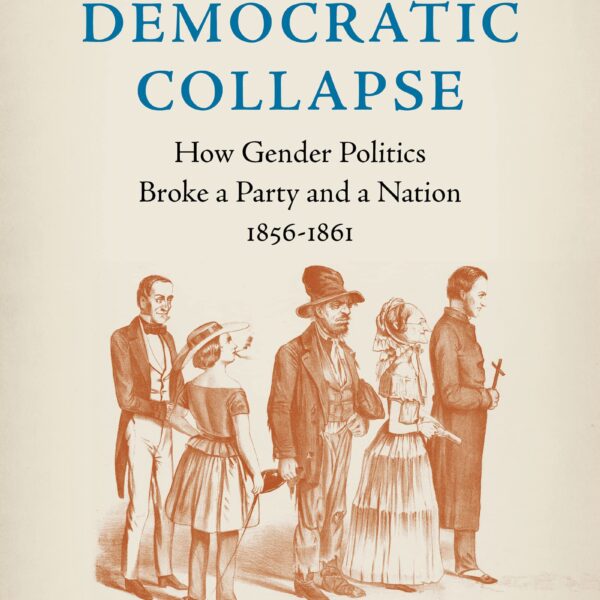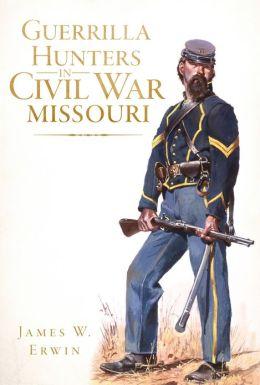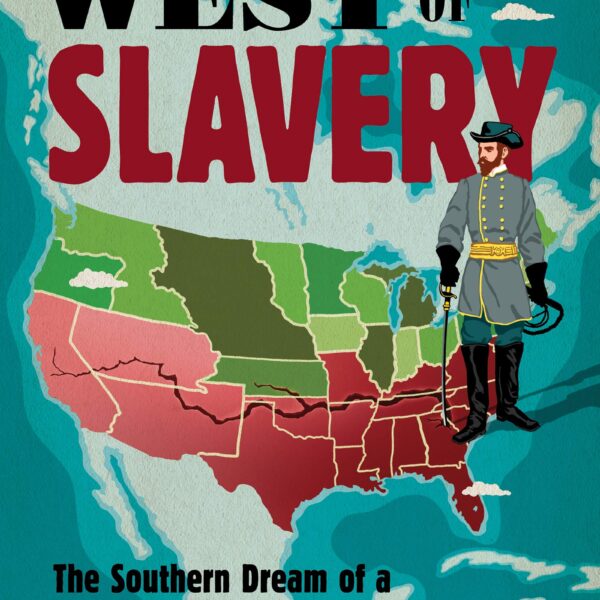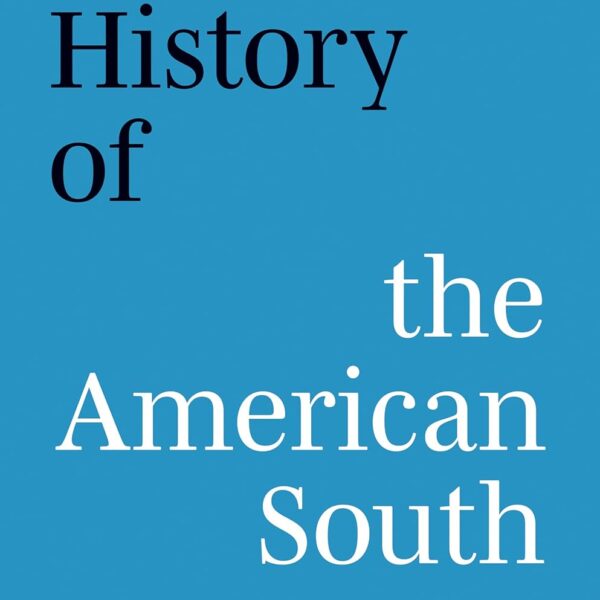The Problem of Democracy in the Age of Slavery: Garrisonian Abolitionists & Transatlantic Reform by W. Caleb McDaniel. Louisiana State University Press, 2013. Cloth, ISBN: 0807150185. $48.00.
 At first glance, Garrisonian abolitionists seem to be unlikely champions of American democracy. Influenced by the doctrine of non-resistance and a particular reading of the Constitution, Garrisonians refused to vote. They took their cues from an individual who, on July 4, 1854, publicly torched a copy of the Constitution in order to demonstrate his contempt for the “pro-slavery laws and deeds of the nation.” Yet according to author W. Caleb McDaniel, William Lloyd Garrison and his followers believed as strongly in democratic procedures as they did in the need to end American slavery. Readers of McDaniel’s deeply researched and elegantly crafted book will gain not only a new perspective on Garrisonian abolitionists, but more importantly a clear understanding of how the antislavery struggle altered the trajectory of democratic thought in America and abroad.
At first glance, Garrisonian abolitionists seem to be unlikely champions of American democracy. Influenced by the doctrine of non-resistance and a particular reading of the Constitution, Garrisonians refused to vote. They took their cues from an individual who, on July 4, 1854, publicly torched a copy of the Constitution in order to demonstrate his contempt for the “pro-slavery laws and deeds of the nation.” Yet according to author W. Caleb McDaniel, William Lloyd Garrison and his followers believed as strongly in democratic procedures as they did in the need to end American slavery. Readers of McDaniel’s deeply researched and elegantly crafted book will gain not only a new perspective on Garrisonian abolitionists, but more importantly a clear understanding of how the antislavery struggle altered the trajectory of democratic thought in America and abroad.
The main argument advanced in The Problem of Democracy is that Garrisonian abolitionists’ opposition to slavery was inseparable from their love for democracy. Garrison’s conversion to antislavery in 1829 was abetted by his belief that the United States should serve as a global model of representative self-government. Even as Garrison grew convinced that democracy would languish around the world so long as the United States upheld chattel slavery, he found comfort in the potential for public opinion to change policy in a democratic society. From the 1830s until the end of the Civil War, Garrison, his closest ally Wendell Phillips, and their associates in the American Anti-Slavery Society concentrated their energies on molding public opinion to the point where Americans would no longer consent to slavery’s existence within their borders. McDaniel focuses his analysis mostly on Garrison and Phillips. Time and time again, the duo gauged public opinion on slavery in order to adapt their tactics.
The emphasis on Garrisonians as politically aware activists is not entirely new, and the author acknowledges a debt to scholars like James Brewer Stewart and Bertram Wyatt-Brown, among others. But McDaniel breaks fresh ground by identifying the significance of the Garrisonians’ commitment to the theory and practice of self-government. By focusing on what his subjects said and did, whom they read (Alexis de Tocqueville and John Stuart Mill bore lasting influences on Phillips), and how experiences shaped their ideas (Garrison never forgot being paraded through Boston with a noose around his neck), McDaniel shows that the Garrisonians regarded their agitation as the lifeblood of a healthy democracy. The very act of pushing back against the grain, in other words, could rescue democratic society from the selfishness, tyranny, and despotism of an unchecked majority. McDaniel’s treatment of the experiences and ideas that defined the Garrisonians is not so much a study of the antislavery movement as it is an inquiry into the role of dissent in a democracy. As such, the book brings into focus abolitionists’ relevancy to questions that persisted long after emancipation.
As its subtitle indicates, The Problem of Democracy contains an important transatlantic component. McDaniel locates the genesis of Garrisonians’ ideas about democracy and their strategies for changing American attitudes toward slavery in the network of reformers whose correspondence, publications, and bodies shuttled between America and Great Britain. Having experienced firsthand the wrath of a people whose patriotism could not countenance dissent, Garrisonians saw an international exchange of ideas, a cosmopolitan identity, and transatlantic travel itself as means to break down the selfish nationalism that majority rule could breed. Their brand of agitation from without borrowed from the likes of Irish nationalists, British Anti-Corn Law Leaguers, and English Chartists. They attempted to shame Americans into antislavery policy by pointing out that the continued existence of American slavery allowed Old World aristocrats and monarchs to scoff at democracy in the New World. In short, McDaniel argues that if we wish to make sense of what Garrisonians thought and did, we must situate them within a world of transatlantic reform.
But if there is a soft spot in McDaniel’s interpretation of the Garrisonians, then it might be found in the emphasis he places on their cosmopolitanism. As the penultimate chapter details, the outbreak of civil war spawned a breach between pro-war American and anti-war British Garrisonians over whether or not the Union war effort signaled a shift in northern public opinion toward antislavery. These self-styled “citizens of the world” displayed a remarkable propensity for nationalistic pride as they debated the war’s merits. Moreover, when accounting for the disagreements between Garrison and Phillips that arose during the second half of the war, McDaniel apportions little if any explanatory weight to the Atlantic community of reformers that he features so prominently in the rest of the book. Readers are left with the sense that the cosmopolitan patriotism and the transatlantic dialogue characteristic of antebellum Garrisonians were casualties of the conflict. A moving epilogue offers glimpses into the mending of ties that bound reformers across an ocean, but because the narrative builds to the war years, it is difficult to escape the conclusion that Garrisonian transnationalism wavered at the decisive moment.
Whatever their differences by 1865, Garrisonians of all stripes were steadfast in their commitment to democracy and their belief that unceasing agitation (maintaining an “ever-restless ocean,” to quip Phillips’s instructive metaphor) was necessary to preserve the integrity of democratic institutions. Anyone who seeks to understand the ideas that girded Garrisonian abolitionism, the interplay between reformers’ experiences and thinking, or the contested terrain of democratic thought and practice in the Civil War era must read McDaniel’s book.
Ian Delahanty is a Postdoctoral Fellow in the History Department at Boston College. He is currently at work on a book about Irish immigrants, slavery, and the Civil War.




